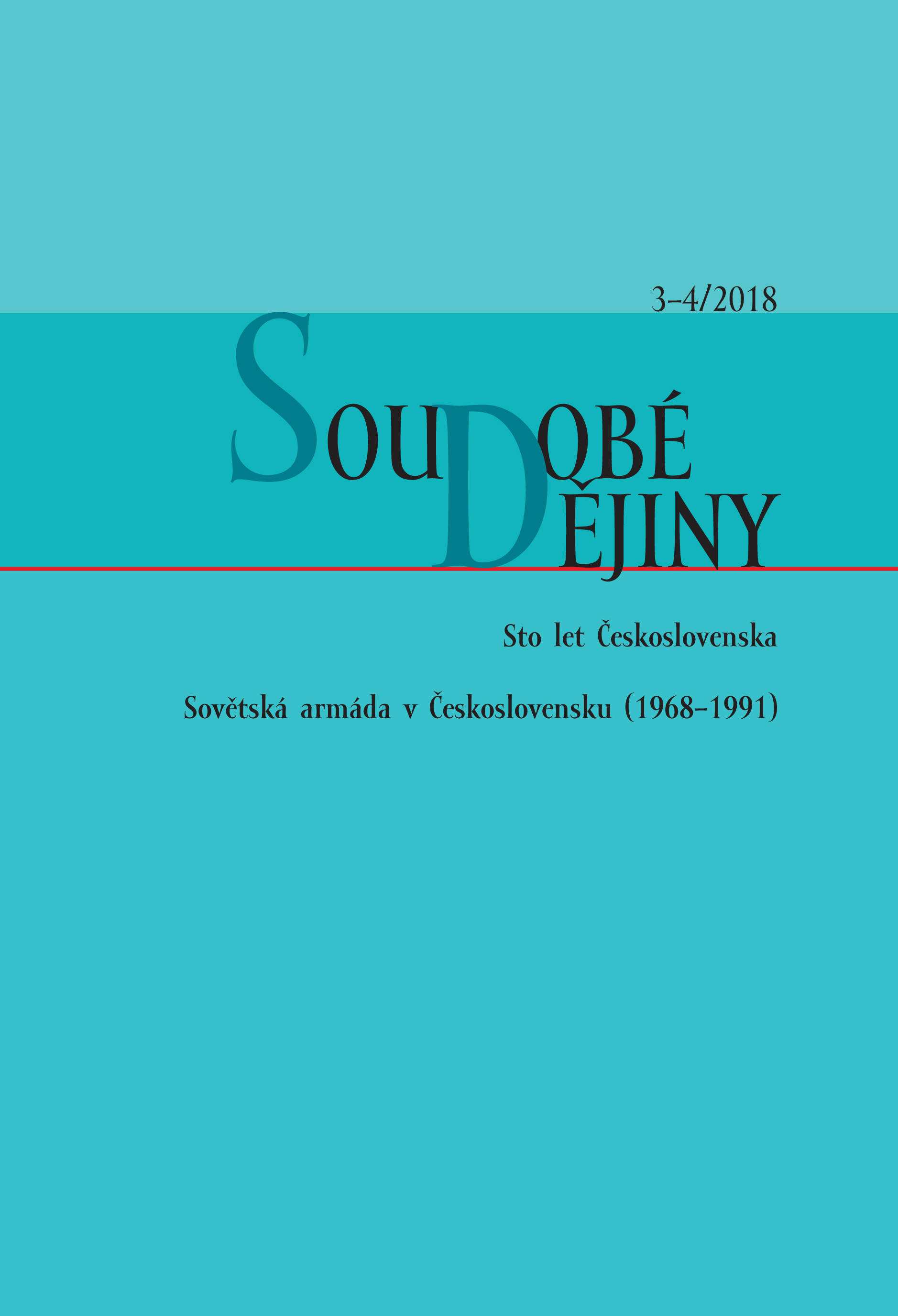Alexander Dubček, najznámejší slovenský
politik
Alexander Dubček, the best-known Slovak politician
Author(s): Stanislav SikoraContributor(s): Lucia Faltinová (Translator)
Subject(s): History, Recent History (1900 till today), History of Communism
Published by: AV ČR - Akademie věd České republiky - Ústav pro soudobé dějiny
Keywords: Alexander Dubček;Czechoslovakia;Slovakia;Prague Spring;historical images;public oponion
Summary/Abstract: The author describes and analyzes the political career of Alexander Dubček (1921–1992) and presents views of today’s Slovak society on his personality and historical role in the end of the essay. In the author’s opinion, Dubček’s personal and mainly political evolution was greatly influenced by the fact that he had grown up in the family of the Slovak Communist visionary Štefan Dubček (1892–1969). Dubček spent fourteen long years (1925–1938) in the Soviet Union, where his father was helping build Communism with the international cooperative Interhelpo. Later, in the 1950s (1955–1958), he studied the Political University of the Central Committee of the Communist Party of the Soviet Union in Moscow. The author claims that both stints that Dubček spent in the Soviet Union convinced him that the Soviet-type socialism needed a fundamental reform, particularly toward humanization and democratization. He was trying to implement these principles even between 1963 and 1967, when he held the position of the First Secretary of the Central Committee of the Communist Party of Slovakia. The author focuses his attention to the Prague Spring of which Dubček became the leading symbol, having been first elected to the position of the First Secretary of the Central Committee of the Communist Party of Czechoslovakia in January 1968, and the crushing of the reform process by Warsaw Pact armies. He muses on Dubček’s political character and some questionable political steps, and discusses some arguments of Dubček’s critics. Having been banished from public life and tailed by the State Security for two decades (1969–1989), Dubček returned to politics as the Speaker of the Federal Assembly, and thus participated in the democratic transformation of Czechoslovakia. According to public opinion polls in Slovakia, whose results are presented by the author, a positive view on Dubček prevails in the society, but the interest in him is dropping, although he still remains the best known Slovak politician abroad.
Journal: Soudobé Dějiny
- Issue Year: XXV/2018
- Issue No: 3+4
- Page Range: 377-390
- Page Count: 14
- Language: Slovak

